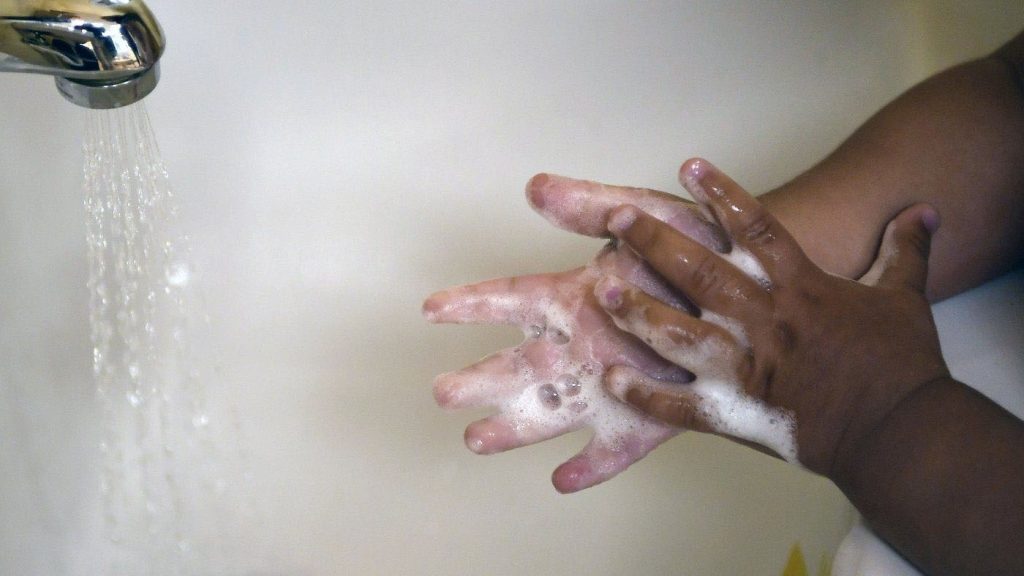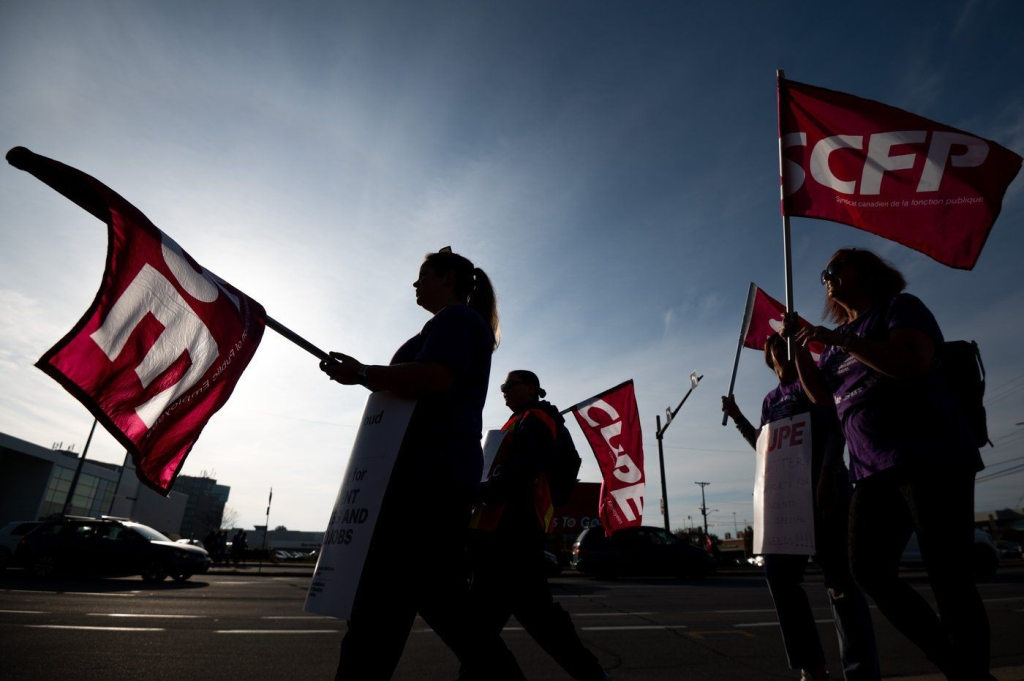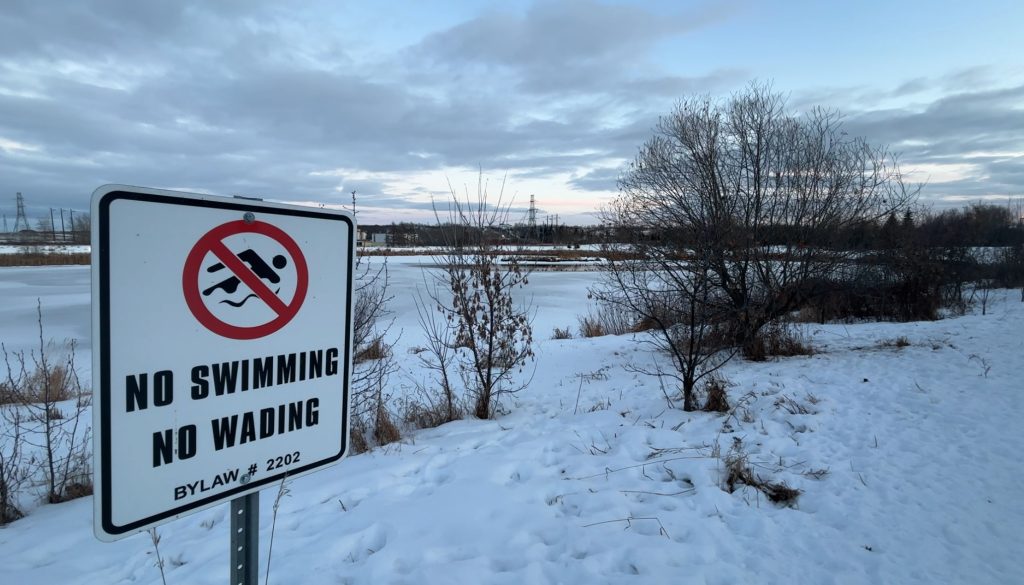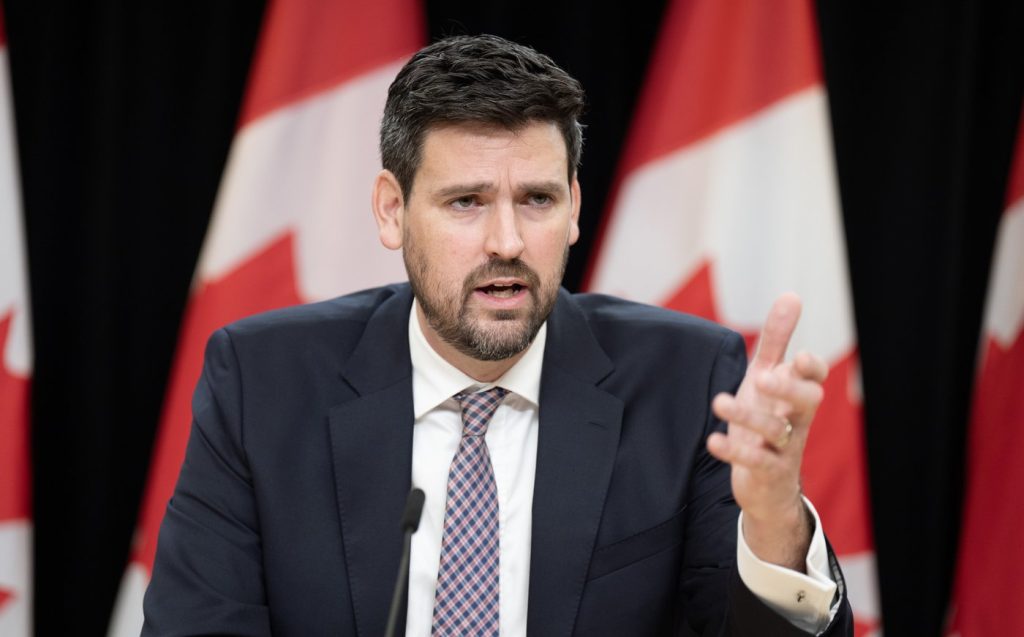Trudeau could stay or go. Either way, Canadians should brace for a spring election
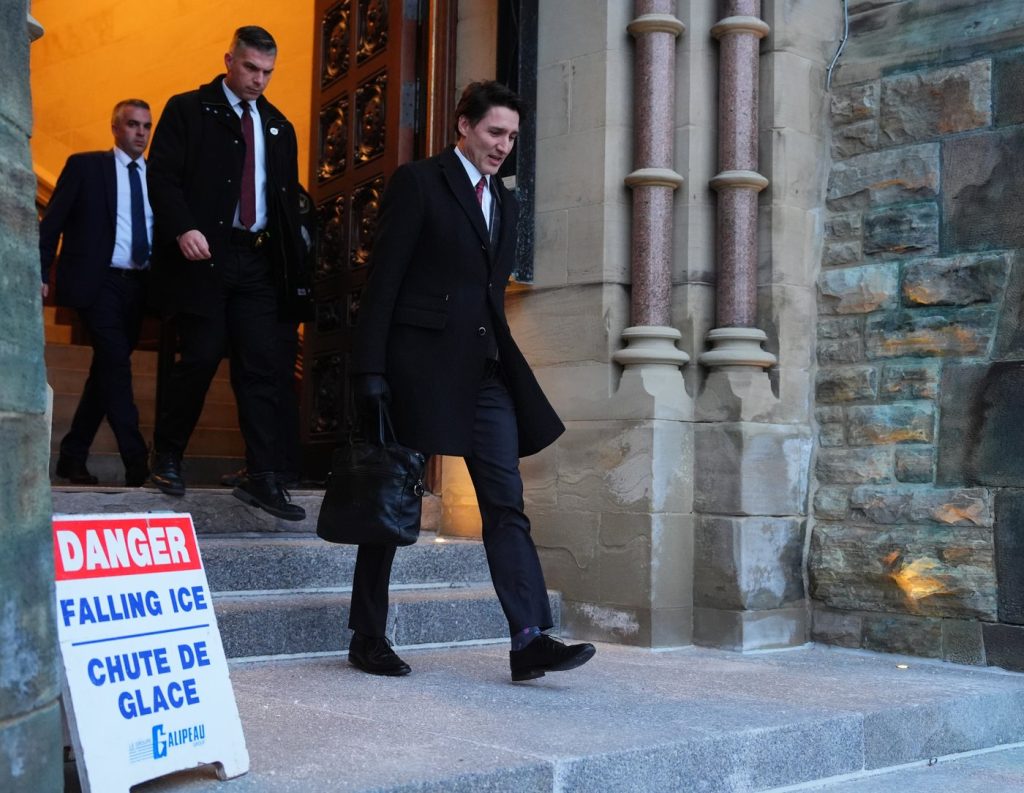
Posted December 24, 2024 2:00 am.
OTTAWA — Canada appears to be barrelling toward a spring election now that the NDP is vowing to vote down the government early next year — whether Prime Minister Justin Trudeau stays on or not.
Political watchers are abuzz over the possible scenarios that could play out in the coming year following last week’s drama that rocked Trudeau’s government, and a springtime national campaign is the one that’s solidifying the fastest.
The exact timing is very much up in the air, but the best bet is for the government to fall by late March, and then a general election day would fall in April or May, said Yaroslav Baran, co-founder of the Pendulum Group and former chief of staff to Conservative house leader Jay Hill.
“The greatest likelihood would be that the government would fall at some point between late February and late March,” he said, making April or May the “most likely scenario” for the election day.
If the government falls on a non-confidence vote, the prime minister would then be obliged to go to Gov. Gen. Mary Simon to inform her and advise her on election timing. The window for a campaign is a minimum of 36 days and a maximum of 50 days, according to Elections Canada.
The events in Ottawa of the past week appear to have moved up the political calendar by somewhere around five months, since the sudden resignation of Prime Minister Chrystia Freeland dealt a stunning blow to Trudeau’s grip on the party and has renewed the internal push for him to step down as leader.
Trudeau is said to now be reflecting on his future. The prime minister’s office did not respond Monday when asked about his plans for the holidays.
NDP Leader Jagmeet Singh has vowed he will help defeat the governing Liberals in a confidence vote when the House returns. The Conservatives, locked firmly ahead in the polls, have been demanding an election all fall, while the Bloc has also recently called for an election early in the new year.
Singh could still change his mind and many scenarios remain possible, such as an opposition party negotiating a big-ticket item into the budget then having a fall election as scheduled, but that’s looking less and less tenable.
“It no longer makes a whole lot of sense to cut some sort of a deal and be a partner to the government that you’re about to vilify a couple of months later as Public Enemy no. 1,” Baran said.
“Obviously, the Liberals no longer enjoy the support of any of the opposition parties. So, the likelihood of a spring election is high — regardless of whether the government prorogues,” said Brittney Kerr, founding partner at Framepoint Public Affairs and former Liberal campaign co-chair in 2019.
“It won’t be lost on anyone at the centre (in the Prime Minister’s Office) how complex the political equation is to win, given overwhelming public sentiment in favour of the Conservatives, coupled with the prime minister’s long tenure.”
The government can still prorogue, which would hit the stop button on Parliament and put it into a deep winter sleep for as long as several months. That would allow breathing room for a leadership race should Trudeau decide to step down.
But Baran said such a move would only take him so far given the opposition parties all now appear ready to go to the polls and parliament has to return before long to approve finances and keep paying public servants — and face the music on those key votes.
“If the prime minister prorogues, it allows him to not have to face Parliament on January 27th. So, he can buy some time for planning, for regrouping, et cetera, but it would be really difficult for that prorogation period to last beyond the end of March.”
A leadership race would be a hurried affair compared to Liberal party contests in the past. When Trudeau was elected leader in 2013, the race took some six months, though in 1993 the Progressive Conservatives elected Kim Campbell in a contest lasting about three months.
Former Privy Council clerk Michael Wernick said proroguing just as Donald Trump is inaugurated as president on Jan. 20 would power down parliament at a bad time — stripping options off the table to respond to possible sudden trade moves that could hurt Canada.
“The question is not whether the prime minister can prorogue. It’s whether he should. My sense is that it would be a very bad choice to drop our shields before January 20th. I think we may need Parliament to be around and functional.”
The Liberals have been weaving a narrative that an experienced government needs to be in place to deal with an unpredictable Trump, and opposition parties too are positioning that the public should choose a stronger leader than Trudeau to deal with an aggressive Trump White House.
Wernick said Canada should look to get its election out of the way sooner in the year rather than later.
“The best thing for the country would be to get the election over with as soon as possible and be very clear who Canadians have chosen to lead us,” he said. “The more we prolong this performance theatre and house of cards — who’s got legitimacy, who’s got confidence, who’s the leader, who’s going to be the successor — dragging this out is weakening the country.”
Wernick suggested the political parties could, given the high stakes of the Trump presidency, reach a sort of partisan-ceasefire agreement to pass as much legislation as they could in a short few weeks, such as Bill C-65 which would amend the Canada Elections Act, and then have their election-triggering confidence vote.
“The Republicans and the Democrats can do negotiations in Washington. Surely our parties can.”
